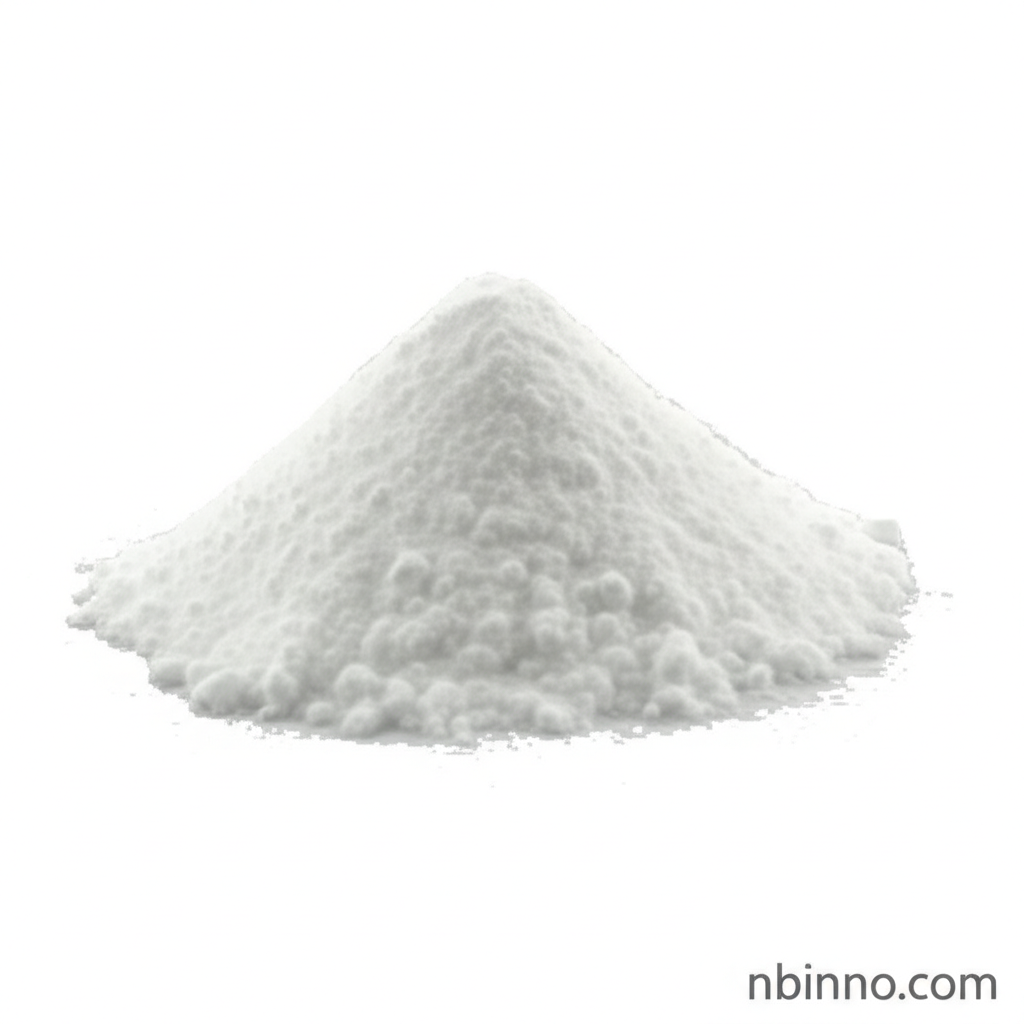DL-Pipecolinic Acid (CAS 535-75-1): A Key Pharmaceutical Intermediate for Advanced Synthesis
Discover the versatility and critical role of DL-Pipecolinic Acid in modern pharmaceutical development and fine chemical synthesis.
Get a Quote & SampleProduct Core Value

DL-Pipecolinic Acid
DL-Pipecolinic Acid, also known as piperidine-2-carboxylic acid, is a vital chiral intermediate widely utilized in the pharmaceutical industry. Its significance lies in its role as a building block for complex drug molecules, including anesthetics and immunosuppressants, contributing to enhanced therapeutic efficacy and specificity.
- DL-Pipecolinic acid pharmaceutical intermediate: Serves as a crucial component in the synthesis of various active pharmaceutical ingredients (APIs).
- piperidine-2-carboxylic acid uses: Explored for its potential in developing novel drug candidates and improving existing pharmaceutical formulations.
- High purity (≥99%) DL-Pipecolinic acid: Ensures reliability and efficacy in demanding pharmaceutical synthesis processes, supporting advanced organic synthesis applications.
- DL-Pipecolic acid chemical properties: Offers unique chemical characteristics essential for complex molecular constructions in fine chemical synthesis.
Advantages of DL-Pipecolinic Acid
Purity and Quality
Guaranteed high purity of DL-Pipecolinic acid (≥99%) ensures consistent results and minimal side reactions in your pharmaceutical synthesis, making it a reliable choice for your chemical needs.
Versatile Intermediate
As a key pharmaceutical intermediate, DL-Pipecolinic acid is instrumental in the creation of anesthetics like ropivacaine and immunosuppressants, highlighting its importance in developing life-saving medications.
Facilitates Complex Synthesis
The unique structure of DL-Pipecolic acid makes it an invaluable component for researchers and manufacturers engaged in intricate organic synthesis, enabling the creation of specialized molecules.
Key Applications
Pharmaceutical Synthesis
A critical building block for producing anesthetics and immunosuppressants, directly contributing to improved patient outcomes in medical treatments.
Organic Synthesis
Serves as a versatile reagent in various organic synthesis reactions, enabling the creation of complex organic molecules for research and industrial applications.
Biochemical Research
Used as a biochemical reagent in studies related to synaptic transmission and as a ligand in catalytic processes, advancing scientific understanding.
Drug Discovery
Its role as a precursor for numerous bioactive compounds makes it a valuable tool in the discovery and development of new therapeutic agents.
